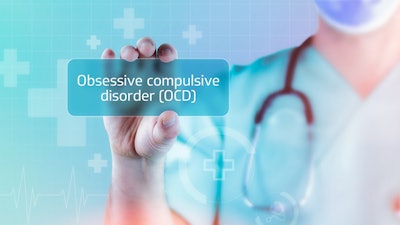
Minnesota’s list of qualifying conditions for medical cannabis will soon grow to 19.
Patients with irritable bowel syndrome (IBS) and obsessive-compulsive disorder (OCD) will be able to access the state’s licensed industry beginning Aug. 1, 2023, the Minnesota Department of Health (MDH) announced Nov. 30. A full list of the state’s qualifying conditions can be viewed here.
“We are adding the new qualifying conditions to allow patients more therapy options for conditions that can be debilitating,” Minnesota Commissioner of Health Jan Malcolm said in a news release.
IBS is a disorder characterized by abdominal pain or discomfort, and irregular bowel movements that can result in diarrhea, constipation or bloating, according to MDH. And OCD is characterized by recurring, intrusive thoughts that often cause significant emotional distress and anxiety that can lead to behaviors that an affected person feels compelled to perform to reduce that distress.
“Research has shown that people who suffer from these conditions can see benefits from using medical cannabis to treat their symptoms,” the release states.
While MDH approved IBS and OCD as qualifying conditions through the state’s formal petition process, department officials rejected petitions to add gastroparesis and opioid-use disorder.
“Gastroparesis, or delayed gastric emptying, was not approved as a qualifying medical [condition] because research indicates that cannabis can make the condition worse,” the release states. “As for opioid-use disorder, MDH heard from medical and mental health providers who recommended against approving opioid-use disorder as a qualifying medical condition due to lack of evidence for its effectiveness and the availability of FDA-approved medications for treatment.”
When former Minnesota Gov. Mark Dayton signed medical cannabis legalization legislation into law in May 2014, there were nine qualifying conditions and patients access to cannabis was limited to the form of pills, oils or vaporizers. Since then, MDH has approved an additional 10 qualifying conditions, and the state Legislature voted in 2021 to expand the law to allow patients to smoke flower, a change that went into effect in March 2022.
While MDH officials accept petitions for new delivery methods—such as smokable flower—each year, they did not receive any in 2022. Last year, the department approved infused edibles, which patients began accessing in August.
Under state rules, patients certified for the two new qualifying medical conditions will become eligible to enroll in the state’s medical cannabis program on July 1, 2023.
More information on how to become a medical cannabis patient in Minnesota is available on the MDH website.

























